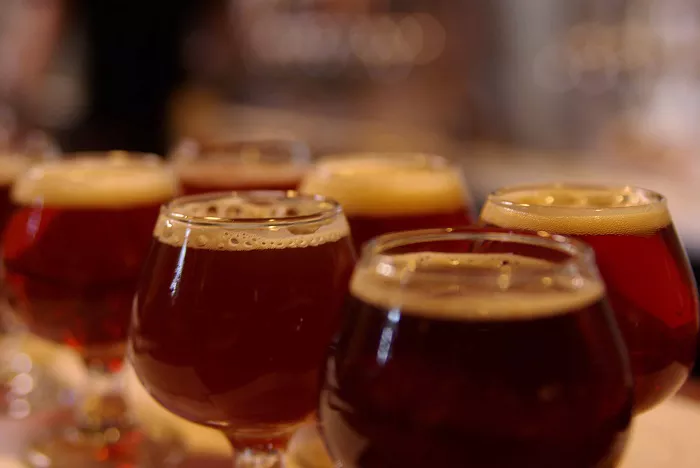New regulations, which took effect on September 19 after a six-month grace period, now require wine importers selling organic products in the United States to obtain organic certification. This rule applies even if the wine has already been produced and bottled under organic certification in its country of origin, as recognized by the U.S. Department of Agriculture (USDA).
The regulations, known as the Strengthening Organic Enforcement (SOE) rules, were first announced in January 2023 as part of the USDA’s efforts to “better protect organic businesses and consumers” and to curb fraud in the organic industry. However, confusion has arisen because the rules are not specific to wine. Instead, wine is classified under the broader “processed product” category, which includes other products like soup or salad, and must adhere to the same regulations.
New Requirements Extend to Importers
Previously, organic certification was only necessary for the vineyards and wineries that produced and bottled the wine. Under the new rules, importers must also be certified, even though they do not handle or bottle the product. This means that importers without certification can no longer market the wine as organic. Should they continue to do so, both the importer and the foreign winery could face penalties, including fines, cease-and-desist orders, or even customs holds.
While the USDA argues that the change is necessary to prevent fraud and ensure that all players in the organic market are held to the same standards, the new rules have sparked concern among industry stakeholders. Critics warn that the regulations could create confusion for consumers, making it harder for them to verify whether a product is truly organic.
Calls for Extension Amid Certification Delays
The new rules were initially scheduled to go into effect in March 2023 but were extended for six months. Despite the extension, businesses have struggled to meet the certification requirements. In a letter published two weeks ago, a bipartisan group of U.S. Congress members, led by Representative Nick Langworthy from New York’s Finger Lakes region, called for another extension. They cited a four-month backlog for businesses trying to gain certification, warning that without further delay, the new rules could cause “widespread harm to the organic wine and spirits industry.”
The congressmen’s letter emphasized that smaller importers, who may not have the resources to obtain certification, are particularly at risk. These smaller businesses could be forced to stop marketing organic wines altogether, potentially shrinking consumer choice. There are also fears that European producers might opt to drop the organic label for wines destined for the U.S. market, further limiting the selection for organic wine buyers.
Industry Reactions
Industry groups, such as the Wine and Spirits Wholesalers of America (WSWA), have echoed these concerns. The WSWA warned that without immediate action, importers and distributors could face economic losses due to their inability to bring organic products into the U.S. market. The group also noted that the new regulations come at a time when consumer demand for organic products is rising, making the timing particularly challenging for businesses.
As of the most recent reports, around 1,800 “handling operations” in the U.S. are certified under the new rules, but a backlog in the certification process continues to affect many others. With calls for additional extensions growing louder, the USDA is under increasing pressure to reconsider the current timeline for compliance.
Conclusion
The new organic certification requirements for wine importers are part of a broader USDA effort to tighten oversight of the organic market and prevent fraud. While the goal is to create a level playing field, the regulations have generated significant concern within the wine and spirits industry, particularly for smaller businesses. The situation is further complicated by certification delays, leading to growing calls from Congress and industry groups for further extensions to the compliance deadline. Whether the USDA will adjust its timeline in response remains to be seen, but the potential impact on the organic wine market—and consumer choice—could be significant.
You Might Be Interested In:


